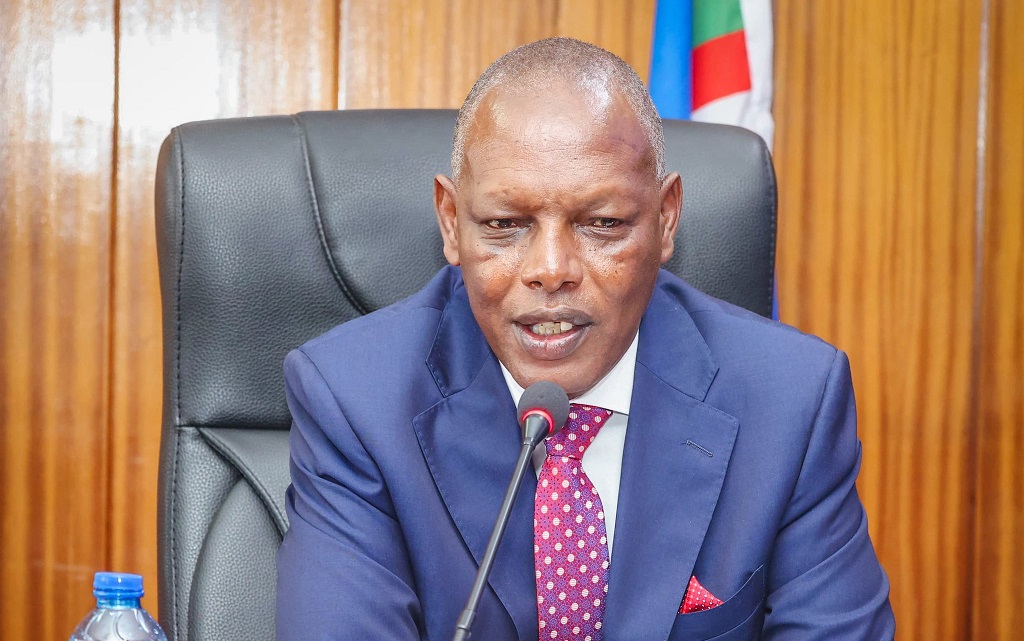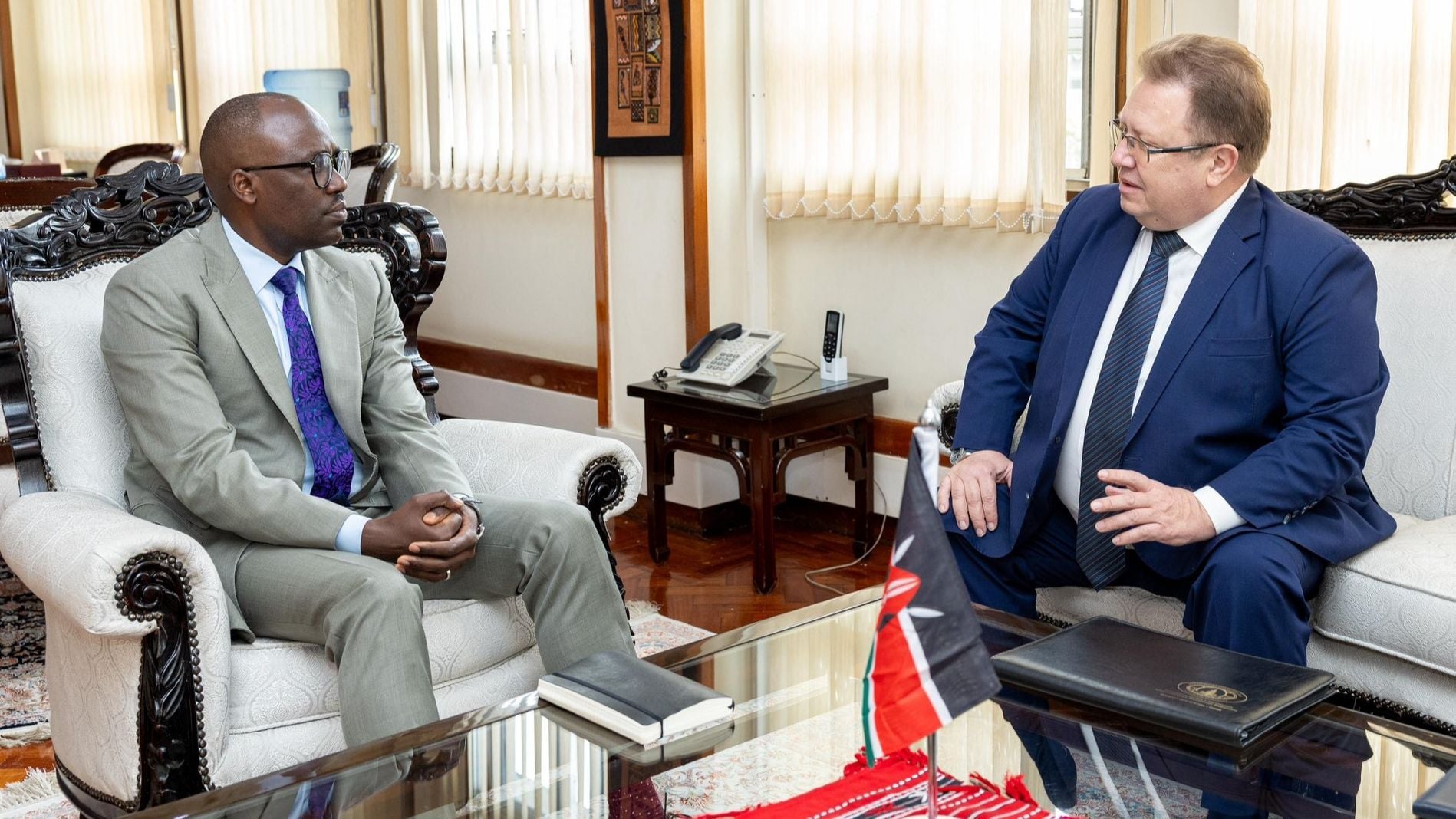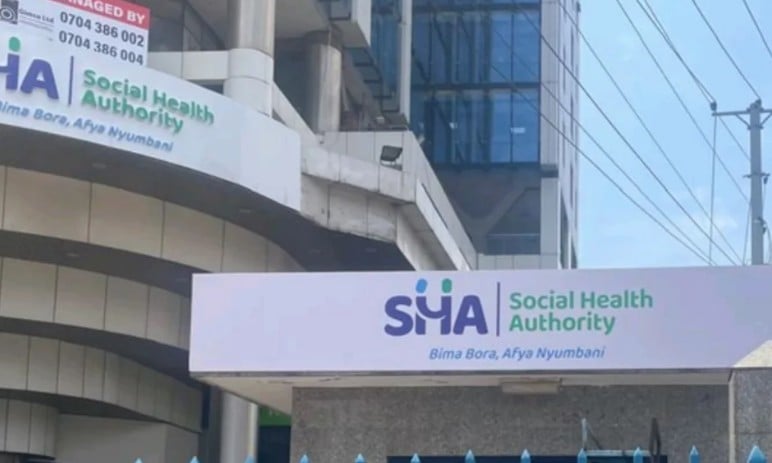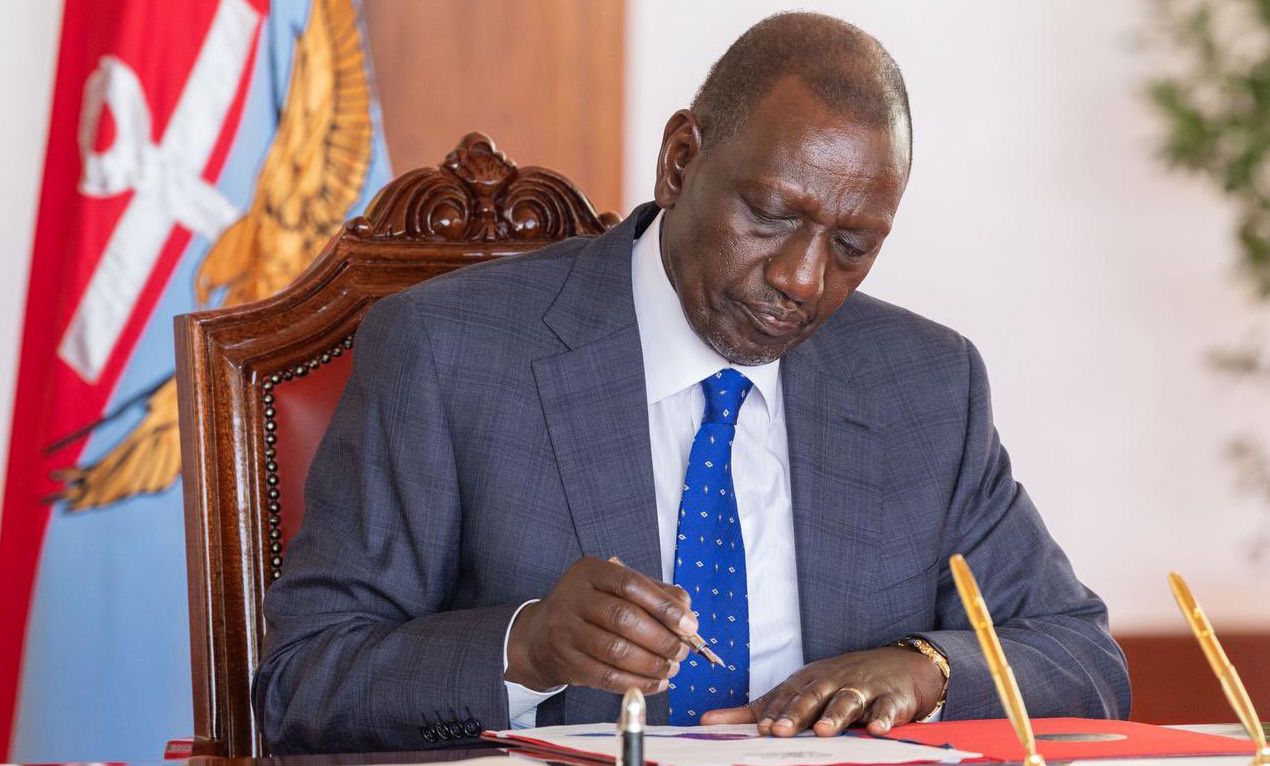The Kenya Plant Health Inspectorate Service (KEPHIS) has listed Kiambu, Kisii, Narok, Machakos, Meru, and Tharaka Nithi counties as hotspots for the sale of fake seeds.
In a statement on Tuesday, November 19, KEPHIS noted that it has been carrying out sensitization activities to enlighten farmers on how to confirm seed quality.
The agency further disclosed that it has conducted surveillance in many parts of the country in an effort to combat the sale and distribution of fake seeds.
"In the continuous effort to combat fake seeds in the country, KEPHIS, in conjunction with Kenya Seed, Bayer East Africa, and Seedco, has been conducting joint surveillance and sensitization activities to raise farmers’ awareness on identifying genuine seeds & using sticker labels to confirm seed quality.
"Today, the team is in Meru County, where they are holding public barazas and engaging with the media. These activities will continue across six counties identified as hotspots for fake seeds: Kiambu, Kisii, Narok, Machakos, Meru, and Tharaka Nithi," KEPHIS stated.
Read More
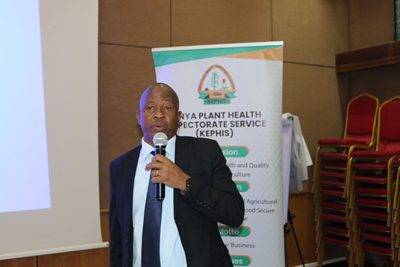
According to the agency, the initiative is part of the implementation of the KEPHIS Strategic Plan (2023-2027) to strengthen seed quality assurance mechanisms and ensure food security in the country.
Speaking in Meru on Tuesday, KEPHIS acting Director of Seed Certification and Plant Variety Protection, Simon Maina, urged farmers to purchase seeds from agrovets registered with KEPHIS.
"When a farmer wants to purchase certified seeds that have been approved by KEPHIS, let them ensure they purchase the seeds from agrovets that have been registered with KEPHIS and licensed to sells the seeds," Maina remarked.
